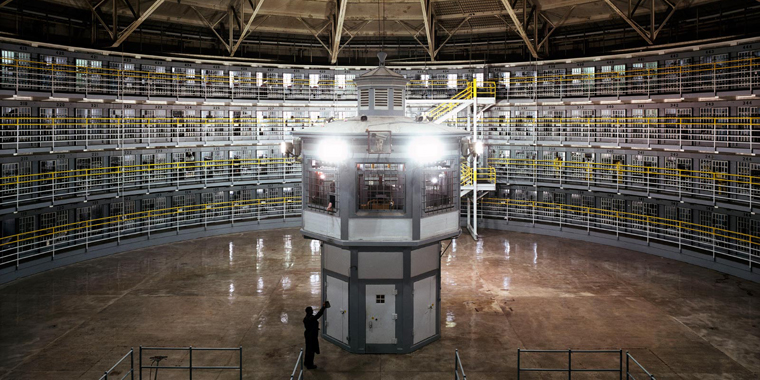
In the movie Minority Report, while the hero (played by Tom Cruise) walks through a subway corridor his iris’ are scanned and advertising specifically geared to his interests appears on video billboards visible only to him. While this seems mildly futuristic, I want to emphasize the word “mildly” because precisely this sort of machine intelligence is tracking us right now.
As you watch TV, surf the web, use your credit card, and walk around with your cell phone turned on, Big Brother is watching you, or rather, Big Madison Avenue. Big Mad is interested in everything you do, what you buy, where you go and what you like. Using the collected information and combining it with the information collected from others, trend-spotters mine data and evaluate where economic opportunities lie. But Big Mad is not only interested in the big picture; Big Mad is specifically interested in you.
If you use NetFlix or stream movies to your TV via Roku player, special categories of programs are created for you based upon your viewing habits. Watch serious documentaries and you’ll be presented with a “Dark Documentaries” category featuring films and programs NetFlix thinks you would enjoy. The same is true at Amazon.com, where books will be recommended to you based not only on what you’ve bought, but what you’ve viewed and not bought. This approach uses semantic database programming, which builds a special universe built around you.
New technology exists that not only recognizes faces, but also the expressions on faces. In this way reactions and responses can be measured as well, and as the technology improves indications of honesty will be measured too. This research is of interest to Big Mad and Big Brother both. Surreptitiously placed video devices increasingly watch our every move, and it is not unreasonable to assume each of us and our habits are observed and recorded.
Philosopher Jeremy Bentham (1748-1832) designed a prison called The Panopticon, a twenty-four hour surveillance machine. The underlying premise of his invention was that each individual prisoner knew that he could be under surveillance at all times, but never knew precisely when such surveillance was actually happening. Accordingly, the assumption of surveillance was enough to keep the prisoner’s behavior in line with the demands of the institution. Our modern day software is creating just such a machine, and I fear we all are quickly becoming prisoners of a 21st century technological panopticon.
As privacy and the assumptions of privacy rapidly dissolve, the legal system cannot keep up with panoptic technology. Laws are, after all, a by-product of political action requiring the slow and methodical workings of government to change. Such political activity is in turn highly influenced by the intense lobbying and massive campaign contributions of Big Mad, thus the introduction of privacy safeguards lag well behind invasive technology. Moreover, fear of terrorism provides Big Brother a mighty axe to grind; combined with Big Mad’s financial clout, I’m afraid the average person has little influence on what’s to come.
Meanwhile, like lemmings rushing over a cliff, nearly 600 million people have created FaceBook pages, and think nothing of it. The GPS functions built into cell phones pinpoint our location moment to moment. It all seems so natural and innocent it’s hard to imagine that we are voluntarily creating the techno-cells of our own prison.